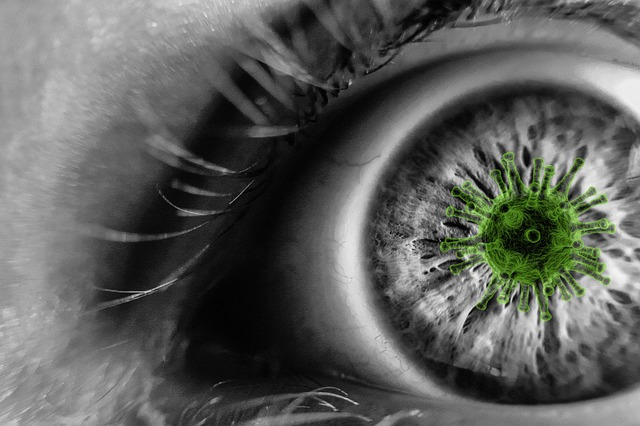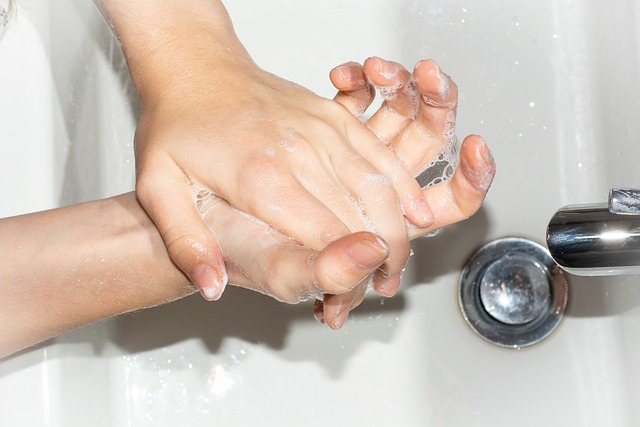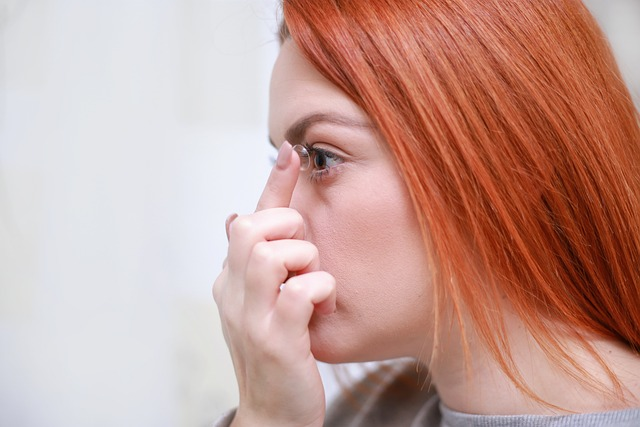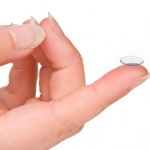The Relationship Between Contact Lenses and Eye Infections: Prevention Tips

Get this! Lens wear is not the reason anyone gets an eye infection. But if contact lens wearers don’t take proper care of their contact lenses, there is a big chance that the risk of infection will increase.
Taking good care of your lenses and cleaning them regularly is important. Failure to do these can lead to an eye infection, including impaired vision or even blindness.
So, how can you prevent eye infections? That’s what this article will be about.
Contact Lenses and Eye Infections

The American Academy of Ophthalmology (AAO) records that about 40 million Americans rely on contact lenses to see and navigate their everyday lives. That is also 40 million Americans who are at risk of infection if they fail to take care of their contact lenses.
Normally, contact lenses are recommended to patients by doctors and ophthalmologists to help correct various eye irregularities and promote clearer vision. However, if the lens is not washed regularly or is overused, it can cause an eye infection.
Infection of the eye is not necessarily a disease. Also called a viral infection, it is usually caused by a virus, which can lead to discomfort, redness, and itching.
An eye infection is not a serious ailment. But if it is not treated urgently, it can lead to more complicated scenarios, like vision impairment or blindness.
What causes eye infections from contact lenses?

Certain things may lead to eye infections from lens wear, but most of the cases come from the improper use of the lens.
For example, if you keep washing your contact lenses with tap water, you’re setting your lens up for the best ways to get infected.
The proper way should be to use a cleaning solution and a recommended disinfecting solution.
Other things that can cause eye infections include:
- Wearing your contact lens for too long: Contact lens wearers sometimes forget that they are supposed to change their lenses daily, weekly, or monthly. Others feel that a week of more use might not do any damage. This is false.
- Wearing them to sleep: To sleep in your contact is the gateway to eye infections. When you sleep, your eyes excrete substances that rest on the surface of your contact lenses. When you wake up and refuse to clean your contact lenses, your eyes will start to get infected.
- Topping up your cleaning solution: Normally, contact lens wearers are meant to use fresh solutions for every wash. Reusing the same solution will keep the lens dirty.
- Not washing your hands before insertion or removal: Always wash your hands before touching the contact lens or your eye.
- Not washing the lens case: Keeping the lens case clean is not usually stressed in contact lens cleaning guides. However, it is important to keep your contact lens case clean to keep you from getting infected.
- Viral Infections: If you have herpes, other bacteria, or fungi infections, the cornea could also get infected and lead to eye infections. In fact, this is a common situation. That means that eye infections are not always contact-lens-related. However, improper contact lens use can increase the infection risk.
Symptoms of Eye Infection

When you don’t use your contact lens properly or correctly, you are bound to experience some discomfort. These symptoms might also show up if you have been wearing dirty and unwashed contact lenses.
That said, these are the possible eye infection symptoms that could arise from the improper wear of contact lenses.
- Redness of the eye
- An itching or burning sensation in or around the eye.
- Unusual sensitivity to light.
- Sudden blurriness.
- Teary eyes, even when you are not crying.
- Discharge from the eye (like mucus).
Immediately you sense these symptoms, wash your hands, remove your contact lenses, and put them in the lens case. After this, head to your eye doctor (with the contact case) and make your complaints.
While this might just be a mild case of allergies, it is best for your eye health to take the necessary precautions.
Preventing Eye Infections

The following are ways to prevent eye infections before they even happen: Remember that these methods cannot treat an already infected eye.
If you already have the symptoms of an eye infection, it is more likely to help when you visit your eye doctor for help.
However, if you still have your contact lenses and you’re wearing them with no problem at all, here’s what you can do to reduce your risk of getting eye infections.
- Refrain from washing your contact lenses with water. Water (even distilled water) is not recommended to be used on contact lenses. Instead of water, switch to a cleaning solution. Also, stay away from places where you know your lenses can be soaked in water. This includes the shower, swimming pool, or ocean. If you’re in contact with water, remove your lens and wait out that part.
- Don’t top off your case with a cleaning solution. As mentioned earlier, it’s best to replace it completely to prevent the risk of getting an eye infection.
- Replace lenses when due. The best way to achieve this is to either have a stock pack at home or order a new one before the old one expires.
- Do not touch or rub your eye. The cornea is very sensitive and is more likely to contract infections if you keep touching or rubbing your eye.
- Don’t wear contact lenses to sleep. After a long day, it might be stressful to go through the routine of removing and disinfecting your lenses. However, know that it is better to go through that stress than to wear your lenses to sleep.
How to Care for Your Contact Lenses
Speaking of care, this is a simple step-by-step guide for how to wear, remove, and take care of your contact lenses.
Step 1: Wash your hands with soap and water. Most importantly, dry your hands with a soft towel because contact lenses can cling to wet hands.
Step 2: Put in your contact lenses, starting with the same eye all the time.
Step 3: After you have done all for the day, wash and dry your hands again before reaching into your contact lenses.
Step 4: Rub, clean, and store the contact lens. Read the instruction manual also because some lenses will say ‘no rub.’
Step 5: Clean the case where you put your contact lenses. Do this every night using a disinfectant solution. Also, replace your contact lens case every three months.
Step 6: Keep your glasses within reach because you sometimes need to rest from lenses and switch to glasses.
FAQs

How do you prevent eye infections from contact lenses?
You only need to follow five simple R-rules. Rub your contact lenses when washing, rinse them in a disinfectant solution, replace them when due, rest your contact lenses once in a while, and reserve an appointment with the doctor every now and then.
How do you prevent eye damage from contact lenses?
Don’t sleep in your contact lenses, and see the doctor immediately if you start to feel some discomfort. Take care of your contact lens case. Also, never wear your contact lenses for longer than recommended. Take care of contact lenses the proper way, and you’ll reduce the risk of eye damage.
How can you prevent eye infections?
While wearing contact lenses, keep away from dusty environments. Also, stay away from the shower or the swimming pool. Never sleep in your contact lens, and wash your hands whenever you want to touch your eye.
How do you prevent contact lens complications?
To prevent getting serious eye infections from contact lenses, visit an eye doctor as soon as you start to feel some of the symptoms. Also, don’t force yourself to wear your contact lenses longer than the scheduled date because that can cause the contact lens to hoard more viruses and bacteria, which can damage your eyes.






